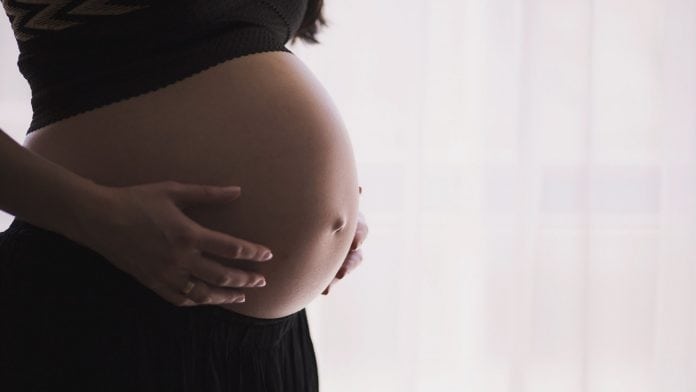
Women who survive cancer at a young age are at higher risk of developing a deadly heart disease, peripartum cardiomyopathy, during pregnancy later in life, according to a new study.
The study was presented earlier this month at Heart Failure 2018 and the World Congress on Acute Heart Failure, a European Society of Cardiology congress, where researchers warned that young cancer survivors should be warned of the pregnancy-associated deadly heart disease.
Researchers also found that women with an existing case of peripartum cardiomyopathy are at an increased risk of developing cancer.
About peripartum cardiomyopathy
Peripartum cardiomyopathy is a life-threatening type of heart failure where the heart becomes enlarged and weak in late stages of pregnancy or after childbirth. This occurs in around one in 1,000 pregnant women worldwide.
Professor Johann Bauersachs, director of the Department of Cardiology and Angiology, Hannover Medical School, Germany, said: “Without treatment, up to 30% of women die and less than half of patients fully recover.”
Part one of the study
Results of the two-part German study of women aged 0-49 years found that 13 of the 207 women with the deadly heart disease had cancer during the ten-year period, which is a prevalence of 6.3%. One woman had two cancers.
of the 14 cancer diagnoses, nine occurred before the condition and five occurred after it. The ten-year cancer prevalence in the general population of women in Germany aged 0-49 years was 0.59%.
Professor Denise Hilfiker-Kleiner, author of the study and dean of research in molecular cardiology, Hannover Medical School, said: “Women with peripartum cardiomyopathy had ten times more cancer, either before or after their heart failure, than the general population of women.
“About two thirds of cancers occurred in children or young adults who then developed peripartum cardiomyopathy, while one-third were diagnosed two to three years after peripartum cardiomyopathy.”
She added: “We think there may be genetic or epigenetic factors which make women more prone to both diseases. This is on top of the long-term cardiotoxic effects of anticancer therapies.”
Part two of the study
In part two, the researchers analysed the blood of 47 women with peripartum cardiomyopathy and 29 healthy women of the same age and time since pregnancy.
In the former group the levels of several cancer markers were higher. Compared to healthy women, cancer markers were elevated in women with the condition regardless of whether or not they had previous or subsequent cancer.
Hilfiker-Kleiner added: “Cancer survivors should be warned that they are at increased risk of pregnancy-associated heart failure.
“These are high-risk pregnancies, and women need close monitoring of their hearts for any sign of heart failure. We need more data so that we can tell pregnant women with a history of cancer how high their risk of developing a second deadly disease is.”
She concluded: “Women who develop peripartum cardiomyopathy are at higher risk of subsequent cancer and should make sure they attend routine cancer screening.”
Press release: ESC






















